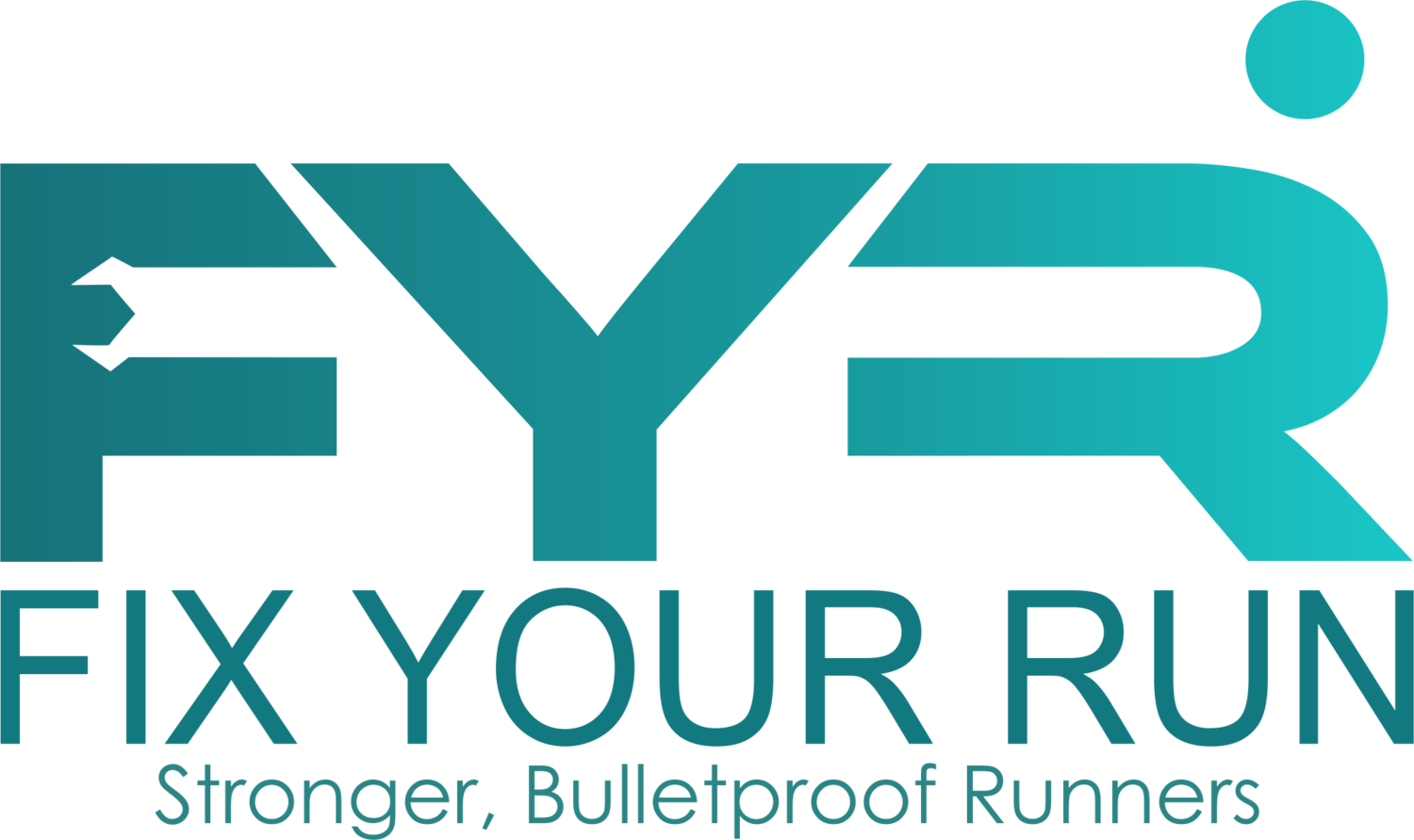Nose Breathing For ALL Runs?
 I was recently asked for some clarification regarding my nose breathing post. In it, I detail all of the benefits of breathing solely through the nose. (There are a lot)
The question I received was essentially: should one breathe that way all the time if one is running “easy pace”? In other words, if you're running easily, are you better off breathing solely through the nose?
I was recently asked for some clarification regarding my nose breathing post. In it, I detail all of the benefits of breathing solely through the nose. (There are a lot)
The question I received was essentially: should one breathe that way all the time if one is running “easy pace”? In other words, if you're running easily, are you better off breathing solely through the nose?
Answer: IT DEPENDS, of course. I don't think anyone needs to do it 100% of the time (that's just weird), but certain people really should focus on doing it much of the time.
Who should strive to breathe solely through the nose during nearly all of their training runs?
People who are brand new to running.
Beginners who are out of shape should absolutely start their running journey by using nose breathing as a way to control their pace and stay relaxed.
I've helped several people who've felt winded  despite claiming they weren't running 'hard'. Common thread? They just needed to relax, focus on going slow and developing a steady breathing rhythm. (Try inhaling for 4 steps and exhaling for 4 steps)
despite claiming they weren't running 'hard'. Common thread? They just needed to relax, focus on going slow and developing a steady breathing rhythm. (Try inhaling for 4 steps and exhaling for 4 steps)
Aerobically developed people who are very fit otherwise, like cyclists and swimmers, could also benefit from nose breathing. These people have built a great cardiovascular engine, but their body (or, chassis) is not yet prepared to handle the mechanical stress running imparts. By utilizing a nose-breathing-only strategy for 8-12 weeks, running pace will stay slow enough that injury risk is minimized and their body has a chance to adapt.
People who are returning from long term illness, injury, or overtraining.
This seems like common sense, but some of us are far too anxious and type-A to have any. Anyone who is re-entering the training arena should absolutely take 2-4 months to re-establish their aerobic base and gently COAX their body to fitness.
The more long term the lay-off, the more long term the base building phase should be. I've known people who've dug themselves such a deep hole by overtraining, that they've needed a full year to recover. Use predominantly nose breathing to stay in the proper training zone.
Minimizing stress in all areas of life outside of training can speed progress dramatically. Oh, perhaps not surprisingly, nose/belly breathing helps with that, too! Since training is a stress, we need to be careful not to overdo it - or to at least balance things by reducing stress in another area of life.
People who don't know what easy pace feels like (and are unknowingly training too hard everyday).
Possibly the most common training mistake ever. It's very easy to run too fast. Each of us has a preferred pace and many times it's just a little too fast, more of a medium effort. It just feels good, though, so we carry on.
But there's a price – too much stress, increased injury risk, lack of recovery between sessions. Plus, you can't hit the hard sessions very HARD if you're barely recovered from your “regular” runs. Peaks and valleys, people! Hard sessions hard, easy sessions easy.
BONUS TIP (that could be a whole 'nother post...)
Additionally, and I may be off base here (perhaps someone can correct me), but I believe that the body's preference to burn carbohydrates causes this natural affinity for this pace preference.
The slower you train, the greater percentage of the fuel you use comes from fat. As you speed up, carbohydrates become the dominant fuel source for your muscles. Carbs are easier for your body to convert to fuel and burn hotter, releasing energy more quickly.
Well, if you're training to run a marathon you'll want to be very good at using fat as fuel. What does this mean exactly? (I've seen this idea mis-interpreted many times)
This means that through training (slow runs, long slow walk/runs) and diet (cut the sugar and processed crap), you can train your body to run faster and at higher heart rates while using fat, thus preserving your much more limited supply of carbs for later in the race. Think that might be a good thing for a marathoner? YUP.
Nose breathing and clean eating – excellent marathon training plan. Add in some speed work and you're good ;-)
